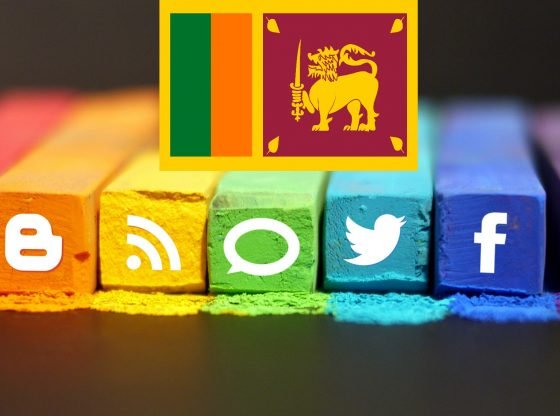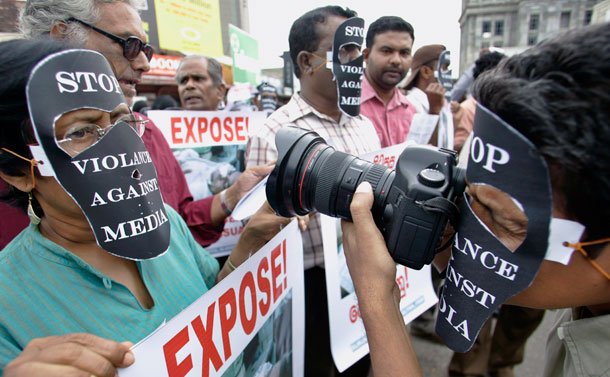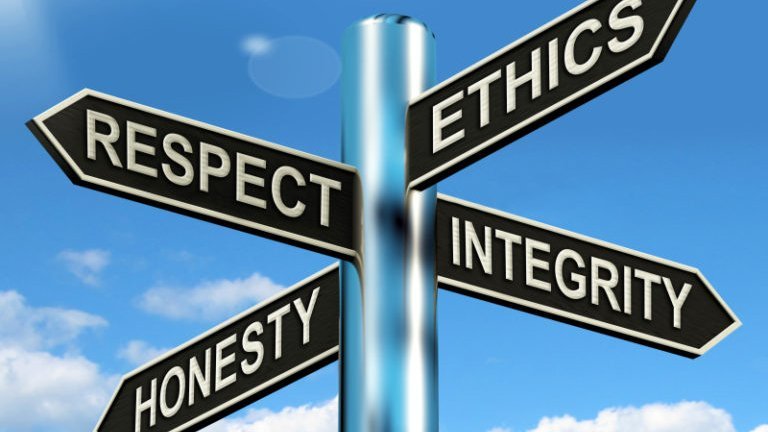Breaking News in Sri Lanka | Legacy Daily

- Introduction to Sri Lanka
- Overview of Sri Lankan Media Landscape
- Importance of Breaking News
- Recent Trends in Sri Lankan News
- Challenges in Reporting Breaking News
- Key Players in Sri Lankan Journalism
- Technology’s Impact on News Reporting
- Ethical Considerations in Reporting Breaking News
- Case Studies of Recent Breaking News Events
- Role of International Media in Covering Sri Lankan News
- The Future of News Reporting in Sri Lanka
- Tips for Staying Informed
- Impact of Breaking News on Tourism and Economy
- Community Engagement and Civil Discourse
- Conclusion
- Related Posts

Introduction to Sri Lanka
Sri Lanka, a picturesque island nation nestled in the Indian Ocean, boasts a rich tapestry of culture, history, and natural beauty. Its strategic location has made it a melting pot of diverse influences over the centuries, shaping its unique identity. However, beyond its tourist attractions and serene landscapes, Sri Lanka grapples with its share of challenges, both domestic and international. Keeping abreast of the latest developments through breaking news coverage is essential for understanding the dynamics at play in this dynamic nation.

Overview of Sri Lankan Media Landscape
Traditionally, Sri Lanka has had a vibrant media landscape, with newspapers, television, and radio being the primary sources of news dissemination. However, with the advent of digital technology, there has been a significant shift towards online news platforms and social media channels. This transformation has democratized the flow of information but also raised concerns about the quality and reliability of news sources.

Importance of Breaking News
Breaking news serves as the pulse of a nation, providing real-time updates on unfolding events. Whether it’s political upheavals, natural disasters, or social movements, staying informed about breaking news is crucial for citizens to make informed decisions and understand the broader implications of current events. Moreover, breaking news plays a pivotal role in shaping public opinion and influencing policy decisions at the highest levels of government.

Recent Trends in Sri Lankan News
In recent years, Sri Lankan news media have witnessed significant changes, reflecting broader global trends in journalism. There has been a notable shift towards digital journalism, with many established news organizations launching online platforms to cater to the growing demand for digital content. Additionally, political developments and social issues have dominated the news cycle, highlighting the evolving socio-political landscape of the country.

Challenges in Reporting Breaking News
While the speed of news dissemination has increased exponentially in the digital age, it has also brought about several challenges for journalists and news organizations. Balancing the need for accuracy with the pressure to break news first poses a constant dilemma for reporters. Moreover, ethical considerations, such as verifying sources and avoiding sensationalism, are paramount in maintaining the integrity of journalism amidst the chaos of breaking news coverage.

Key Players in Sri Lankan Journalism
Sri Lankan journalism is characterized by a diverse array of news organizations, ranging from state-owned broadcasters to independent media outlets. Prominent journalists and commentators play a crucial role in shaping public discourse and holding those in power accountable. However, the influence of government and regulatory bodies on media freedom remains a contentious issue, with concerns raised about censorship and press intimidation.

Technology’s Impact on News Reporting
Advancements in technology have revolutionized the way news is reported and consumed in Sri Lanka. The rise of live streaming and citizen journalism has empowered ordinary citizens to become frontline reporters, capturing events as they unfold in real-time. Additionally, artificial intelligence (AI) is increasingly being used in news production, from automated content generation to data analysis, transforming the way newsrooms operate.

Ethical Considerations in Reporting Breaking News
Amidst the urgency of breaking news coverage, journalists must adhere to strict ethical standards to maintain credibility and trust with their audience. Avoiding the dissemination of misinformation and fake news is paramount, as false or misleading information can have far-reaching consequences. Furthermore, journalists must navigate the delicate balance between the public’s right to know and respecting the privacy and dignity of individuals affected by breaking news events.

Case Studies of Recent Breaking News Events
Recent years have seen several high-profile breaking news events in Sri Lanka, ranging from political turmoil to natural disasters. The political landscape has been marked by instability, with frequent changes in government and ongoing tensions between rival factions. Natural disasters, such as floods and landslides, have also posed significant challenges for authorities and humanitarian organizations, highlighting the need for robust disaster preparedness and response mechanisms.

Role of International Media in Covering Sri Lankan News
The international media plays a crucial role in shaping global perceptions of Sri Lanka and its ongoing developments. Foreign correspondents provide valuable insights and analysis, offering a different perspective on domestic issues that may not always be covered by local news outlets. However, cross-cultural challenges and biases can sometimes impact the accuracy and objectivity of international news coverage, necessitating critical engagement from audiences.

The Future of News Reporting in Sri Lanka
Looking ahead, the future of news reporting in Sri Lanka is likely to be shaped by ongoing technological advancements, changing audience preferences, and evolving regulatory frameworks. As digital media continues to gain prominence, news organizations must adapt to meet the demands of a digitally savvy audience while upholding the highest standards of journalistic integrity. Additionally, fostering a culture of media literacy and critical thinking will be essential in navigating the complexities of the modern news landscape.

Tips for Staying Informed
In an age of information overload, it’s essential to rely on reliable news sources and fact-checking resources to discern truth from fiction. Engaging critically with news content, questioning assumptions, and seeking multiple perspectives can help mitigate the spread of misinformation and foster a more informed citizenry. By staying vigilant and discerning, individuals can play an active role in promoting responsible journalism and upholding the democratic values of transparency and accountability.

Impact of Breaking News on Tourism and Economy
The perception of stability and safety portrayed in breaking news coverage can have significant implications for Sri Lanka’s tourism industry and economy. Negative news stories, such as political unrest or security threats, can deter potential tourists and investors, leading to economic downturns and setbacks in development efforts. Therefore, accurate and balanced reporting is essential in fostering confidence and trust in Sri Lanka as a destination for tourism and investment.

Community Engagement and Civil Discourse
Social media platforms have become indispensable tools for fostering community engagement and civil discourse on breaking news events. However, the anonymity and echo chambers of social media can also exacerbate polarization and spread misinformation. Encouraging respectful dialogue, fact-based discussions, and media literacy initiatives can help mitigate the negative effects of online discourse and promote informed civic engagement.
Conclusion
In conclusion, breaking news plays a pivotal role in shaping the collective consciousness of society and informing public discourse in Sri Lanka. By staying informed and critically engaging with news content, individuals can contribute to a more transparent, accountable, and democratic society. As the media landscape continues to evolve, maintaining the highest standards of journalistic integrity and ethics will be essential in navigating the complexities of the digital age.







